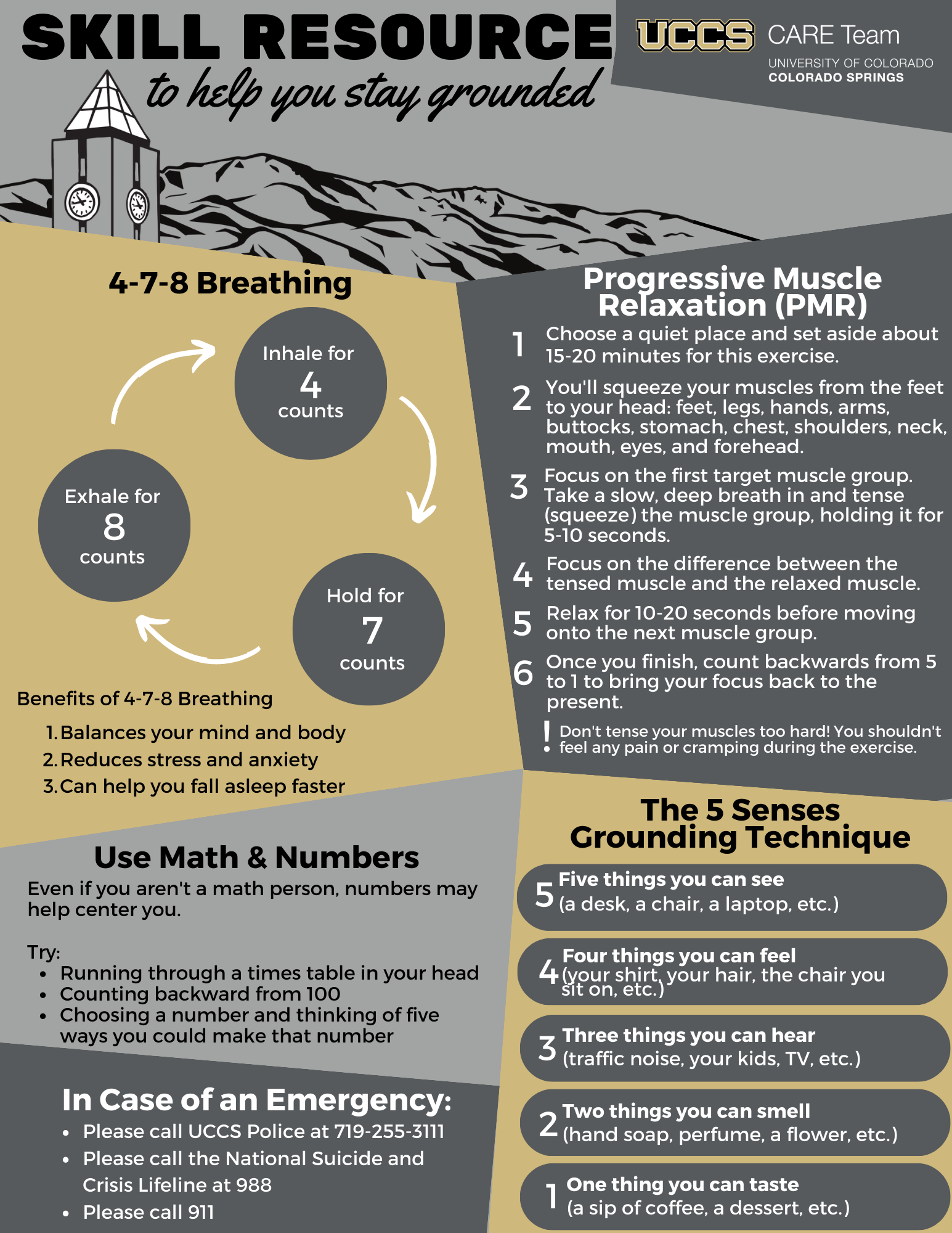In an age characterized by rapid technological advancement and incessant connectivity, an increasing number of individuals are contemplating the concept of moving off the grid. This lifestyle choice involves dissociating oneself from the standard utility systems and seeking a more self-sufficient existence. However, the potential for greater personal autonomy often comes with significant challenges, making the act of “staying grounded” an essential aspect of this transition. This article delves into various facets of off-grid living, offering insights that range from practical tips to philosophical considerations, designed to aid those intrigued by this lifestyle.
Understanding Off-Grid Living
Off-grid living refers to the practice of living independently of public utilities. This generally involves generating one’s own power, harvesting water, and cultivating food. The allure of this lifestyle is often rooted in a desire for sustainability, self-reliance, or even just a simpler existence away from urbanized settings. However, embarking on such a journey requires meticulous planning and foresight.
Psychological Resilience: Preparing Your Mind
The shift to an off-grid lifestyle necessitates not just physical adjustments but also substantial psychological fortitude. Anxiety about the unknown, nostalgia for the conveniences of modern life, and the occasional sense of isolation can create emotional turbulence. Cultivating psychological resilience through meditation, yoga, or journaling can be invaluable. These practices help in maintaining a grounded state of mind, allowing for a more balanced experience amidst the inevitable challenges.
Choosing the Right Location
Your choice of location plays a pivotal role in your off-grid lifestyle. Preferences may vary significantly—from dense forests to vast deserts, and from mountain ridges to pastoral fields. Geographic considerations include climate conditions, proximity to resources, and accessibility to healthcare. Engaging with local ecosystems helps in understanding the land, making it easier to coexist harmoniously with nature. A comprehensive topographical survey can guide your decision-making process.
Energy Independence: Sustainable Power Solutions
Energy independence is a cornerstone of off-grid living. Various renewable energy solutions are at your disposal, such as solar panels, wind turbines, and micro-hydroelectric plants. Each energy source has its own merits and limitations. Solar panels are often the most accessible, while wind turbines can be effective in areas with consistent wind flow. An informed balance among these options can yield the most reliable energy output, enabling you to remain self-sufficient.
Water Harvesting Techniques
Access to clean water is fundamental. Rainwater harvesting systems present a productive solution, providing a sustainable source of water as long as the infrastructure is appropriately installed. Establishing a filtration system will ensure the water remains potable, which is essential for health and well-being. Additionally, exploring natural springs or nearby water bodies may offer supplementary sources but comes with its own set of considerations, including environmental regulations.
Food Sovereignty: Cultivating Your Own Nourishment
Food sovereignty emphasizes the right to healthy and culturally appropriate food produced through ecologically sound and sustainable methods. Establishing a garden is the most straightforward way to ensure fresh produce. Concepts such as permaculture and aquaponics can further enhance crop production, utilizing natural ecosystems to flourish. Foraging and hunting are other avenues to consider, offering a connection with the land while providing sustenance. Planning for food preservation during harvest seasons can also mitigate food scarcity during winter months.
Community Connections: The Importance of Relationships
Living off the grid does not necessitate solitude. In fact, fostering connections with like-minded individuals is essential for emotional support and resource-sharing. Joining local groups, participating in workshops, or even engaging in barter systems can provide not only communal benefits but also enhance personal growth. Shared learning experiences can offer insights into more efficient practices and innovative technologies alike.
Legal Considerations and Regulations
Understanding legal frameworks when moving off the grid is critical. Zoning laws, land use restrictions, and building codes vary significantly across regions. Conducting an exhaustive legal review before making changes ensures that you remain compliant while pursuing your off-grid lifestyle. Engaging with local authorities or consulting legal experts on land use can mitigate future disputes and facilitate smoother transitions.
The Philosophy of Disconnection: Embracing Solitude
Stepping away from societal norms fosters an opportunity for deep self-reflection. Embracing solitude can lead to profound insights about one’s values, desires, and the essence of happiness. Many who embark on this journey find themselves re-evaluating their priorities, leading to a more fulfilled life by reconnecting with nature and themselves. Creating rituals that align with your values—whether through art, writing, or meditation—can enhance this transformative experience.
Maintaining Mental Grounding in a Tech-Driven World
Even when off-grid, the tendency to seek out technology remains. Balancing access to technological resources like satellite internet or communication devices can provide a lifeline to the outside world while retaining independence. It becomes imperative to craft boundaries around technology use to prevent the potential re-infiltration of distractions associated with modern life.
Conclusion: The Journey Ahead
Ultimately, moving off the grid is less about mere geographical relocation and more about a philosophical shift. The journey necessitates introspection, planning, and flexibility as you navigate new challenges and rewards. Staying grounded in this modern world, amidst the allure of convenience, is a testament to personal resilience and commitment to a meaningful way of life. Embracing the complexities of off-grid living ultimately leads to a profound sense of fulfillment that can resonate throughout all aspects of existence.

